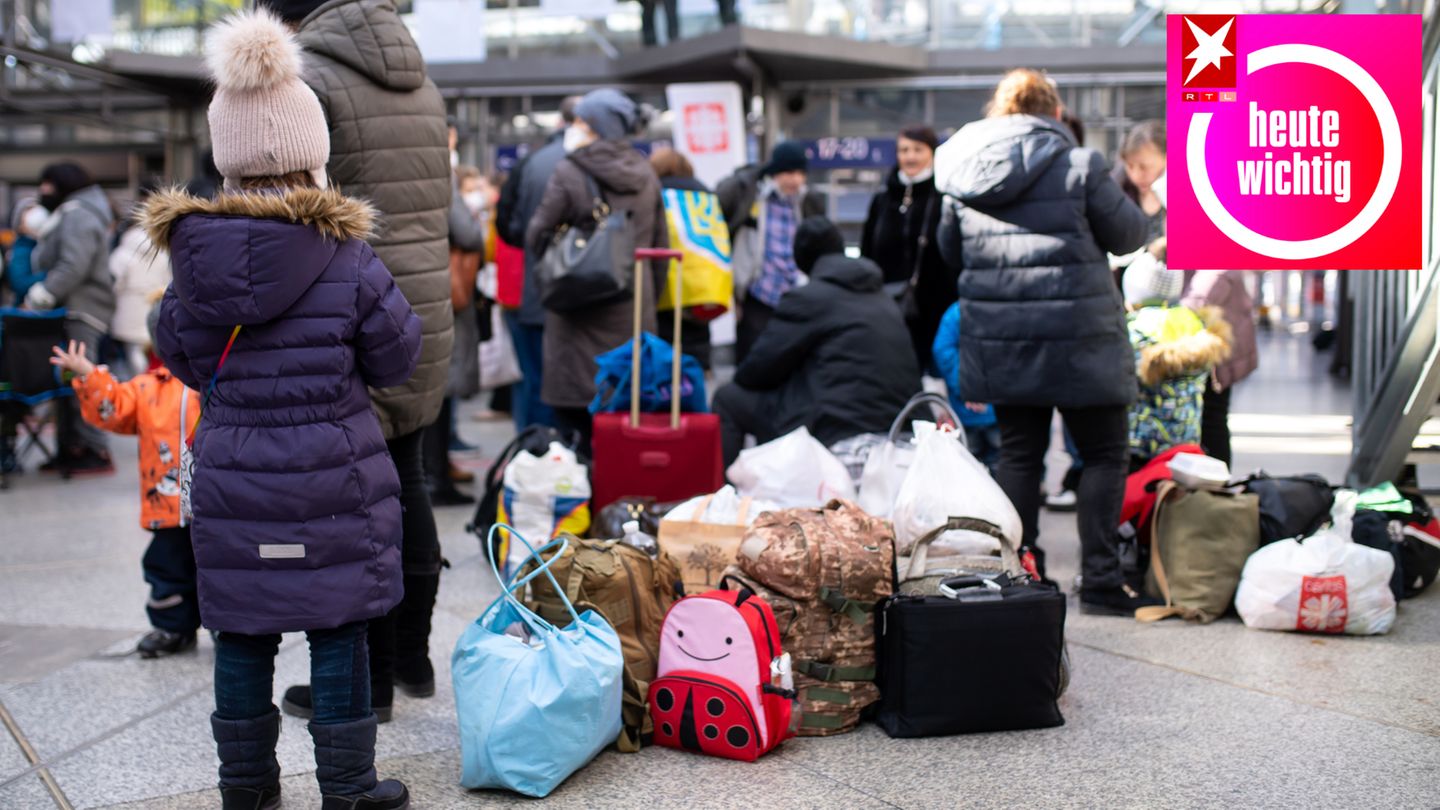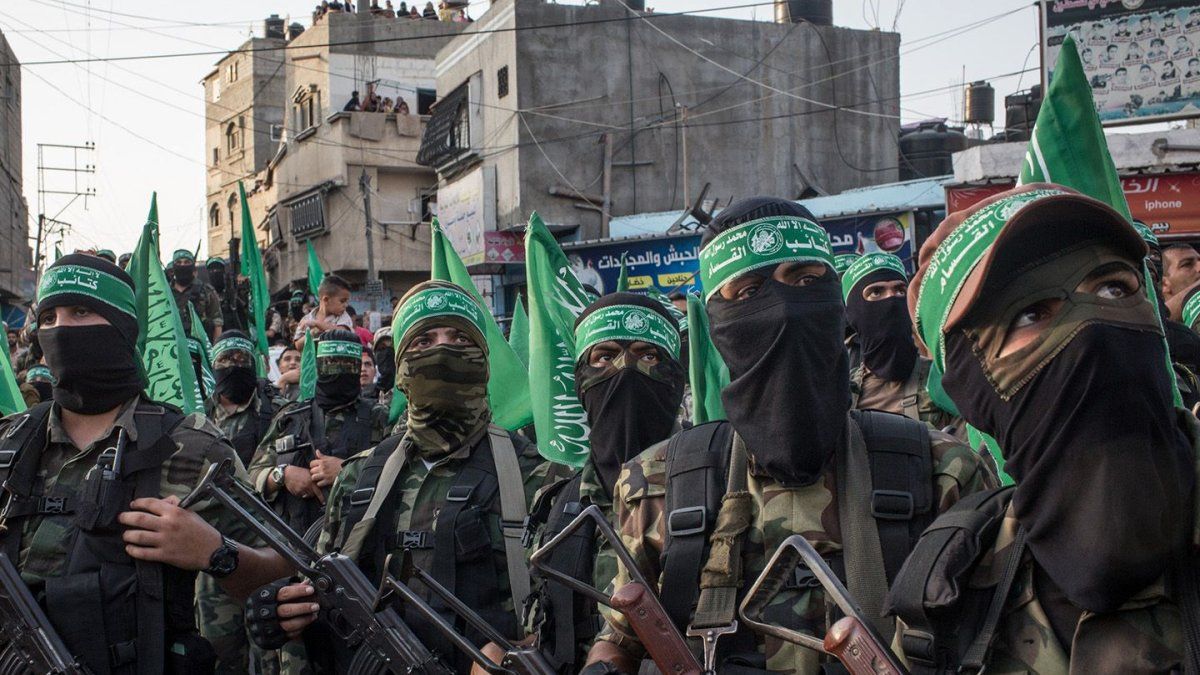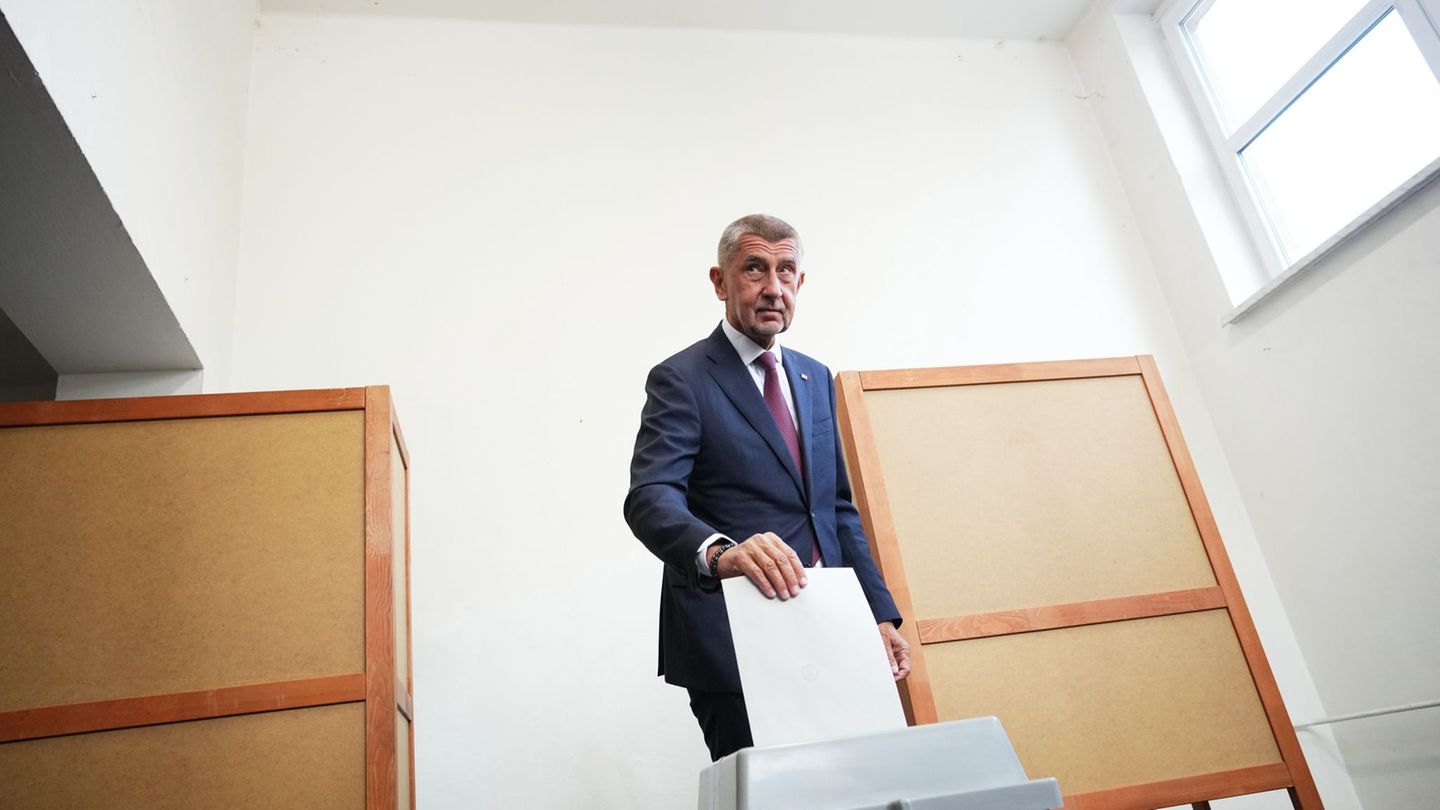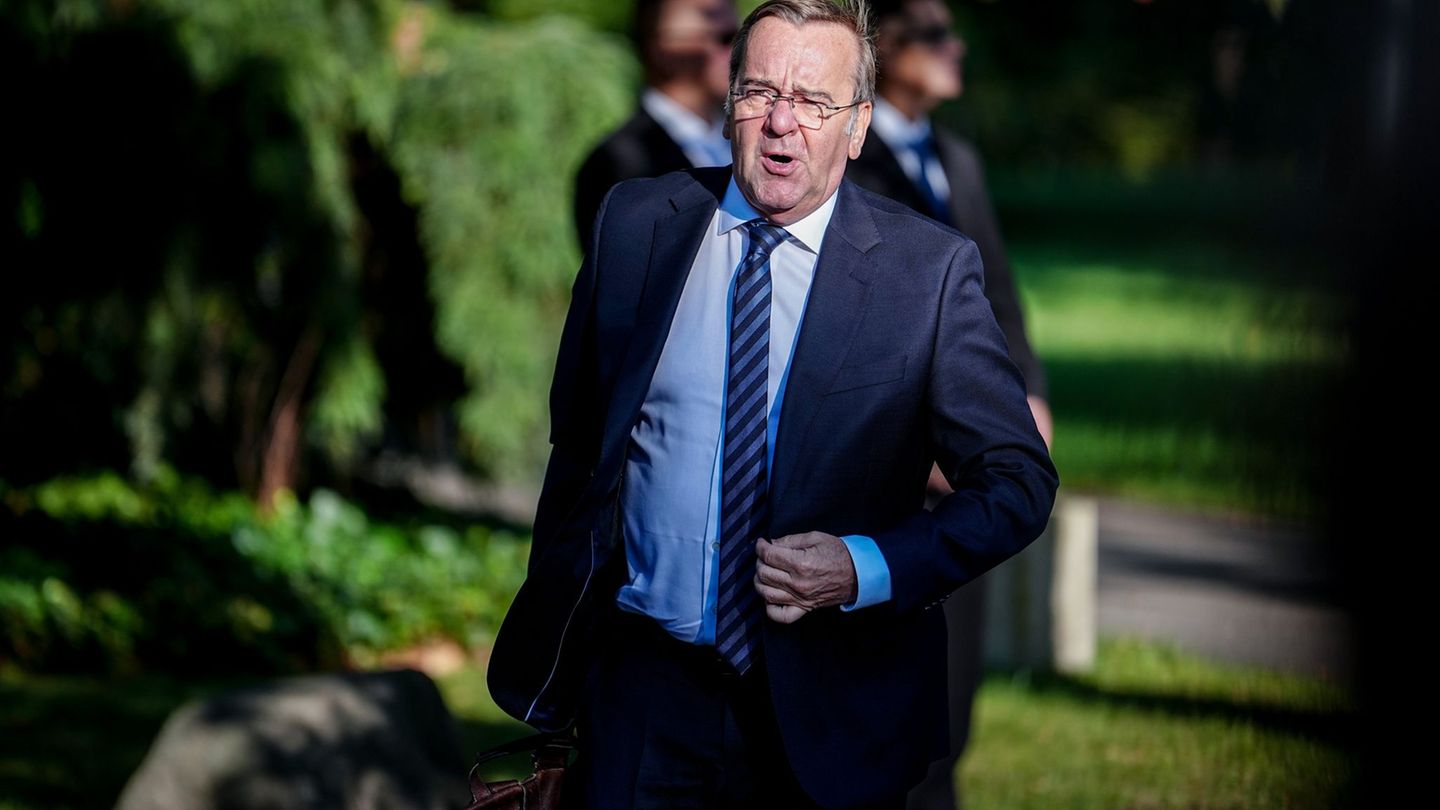podcast
They just went to school and suddenly they are on the run. In Italy, some children and young people have already arrived in welcome classes. Germany is still in the starting blocks. Wolfgang Büscher, the spokesman for the ARCHE Children’s Foundation in Berlin, knows what is important for the new start at school.
More than three million people have fled Ukraine since the war began on February 24. These are estimates and it is not unlikely that there are more and, above all, more people arriving in the neighboring countries and also in Germany.
According to UNICEF spokesman James Elder, an average of 70,000 children have become refugees every day. That’s about as many children every day as there are residents in the cities of Aschaffenburg or Celle. This number of children and young people makes up almost half of the three million refugees in total – and the number is increasing every day.
Most of the time, the minors cross the borders with their families – often only with their mothers, because the fathers stay in Ukraine and defend their country there. Press spokesman for the ARCHE Children’s Foundation in Berlin-Hellersdorf, Wolfgang Büscher, reports in episode #235 of “important today”that children and young people can also arrive alone at Berlin Central Station. The accommodation of the minors who have fled represents a major challenge because for safety reasons they cannot stay in hotels or youth hostels unsupervised. Nevertheless, emergency shelters or private apartments with many other children are not the best solution either. It can quickly become too loud and chaotic here, which would affect concentration and the quiet phases.
“The children have to learn German – only then will integration work.”
Many schools in Germany are preparing for this so that children and young people can continue to receive their school education. According to Education Minister Karin Prien (CDU), students in Schleswig-Holstein who have now graduated should be able to complete them online at the German school. But the other federal states are also preparing for the welcome classes.
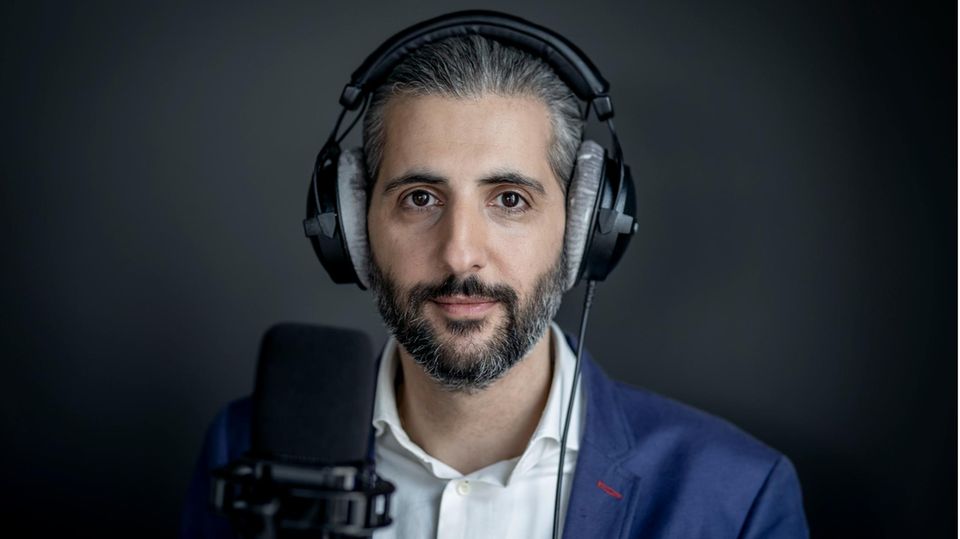
© TVNOW / Andreas Friese
podcast “important today”
Sure, opinionated, on the 12: “important today” is not just a news podcast. We set topics and initiate debates – with attitude and sometimes uncomfortable. Host Michel Abdollahi and his team speak out for this star– and RTL reporters with the most exciting people from politics, society and entertainment. They let all voices have their say, both the quiet and the loud. who “important today” listens, starts the day informed and can have a well-founded say.
Wolfgang Büscher appeals to the government that teachers and educators from Ukraine should get a work permit as soon as possible in order to be able to teach the students. Nevertheless, for successful integration it is very important that the children and young people also learn the German language. According to Büscher, the refugees will stay in Germany longer than they currently hope, so German as a second language should be on the timetable.
“A brutal start to governing”
100 days ago, Germany not only had a new government, but also a new chancellor: Olaf Scholz. For many younger people it is the first time they have seen someone other than Angela Merkel in this role. It is also the first time that a three-party coalition has governed together at the federal level. Now the so-called traffic light, consisting of the SPD, the Greens and the FDP, has the magical first 100 days behind it.
editor-in-chief of “Hamburg evening paper” and Scholz biographer Lars Haider rates the performance of this coalition with a grade of two. In the meantime, however, the government under Scholz was still at satisfactory and sufficient. The crises were a blessing and a curse in the first 100 days of the traffic light. “It was a brutal start to governing and a brutal encounter with reality”, says Haider. But these crises were also good for politicians in a certain way. Annalena Baerbock was ridiculed at the start of the traffic light and is now negotiating the war with Russian Foreign Minister Sergei Lavrov. Olaf Scholz, who was rather reserved, came out of his shell and, according to Haider, was able to end the Merkel era with just one speech on security policy at the end of February.
Crises weld traffic lights together
Typical Scholz, as biographer Lars Haider knows, is that Olaf Scholz would never criticize ministers to the outside world. Any criticism that is made is first communicated within the government and conflicts are resolved internally. That was also the case in the government. Haider emphasizes: “It would also be absurd and almost embarrassing if, given the situation in Ukraine, the traffic light government were to quarrel internally.” One thing is certain for the journalist: If the traffic light survives these crises, nothing more can happen to it.
How to subscribe “important today”
Don’t miss an episode of “important today” and subscribe to our podcast at: , , , or on your favorite podcast app. If you have any questions or suggestions, please write to us.
Source: Stern
David William is a talented author who has made a name for himself in the world of writing. He is a professional author who writes on a wide range of topics, from general interest to opinion news. David is currently working as a writer at 24 hours worlds where he brings his unique perspective and in-depth research to his articles, making them both informative and engaging.

